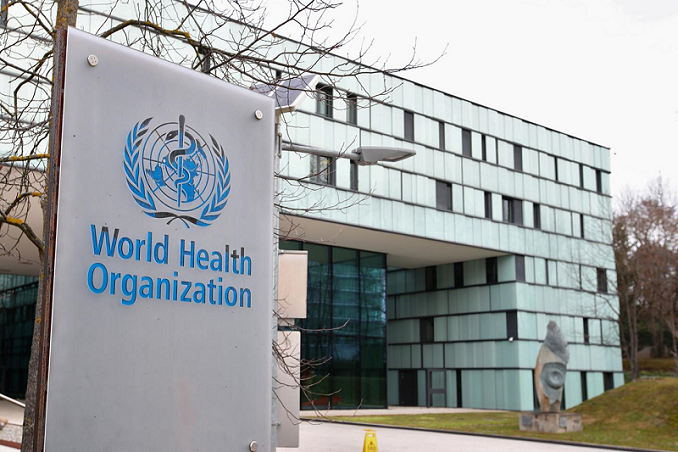First six African countries have been selected who will receive mRNA vaccine technology to develop the Covid-19 vaccines as a part of the WHO (World Health Organization) scheme. These countries – Egypt, Kenya, Nigeria, Senegal, South Africa and Tunisia – were announced on Friday during a Brussels summit between African Union and European Union nations.
These African countries have been selected for building factories for vaccine manufacturing as a part of the scheme launched by WHO last year to develop replication of Covid-19 vaccines that are believed to be the most effective against the virus. At present Africa only manufactures 1 per cent of Covid-19 vaccines. Africa is also a victim of vaccine inequity with only 11 per cent of its population fully vaccinated as compared to the global number of about 50 per cent. This development of African countries getting the opportunity to manufacture vaccines will change these statistics.
WHO Secretary-General Tedros Adhanom Ghebreyesus said addressing the Brussels summit meeting that though more than 10 billion doses of Covid-19 vaccines have been globally administered, billions of people are still not vaccinated. “The tragedy, of course, is that billions of people are yet to benefit from these life-saving tools,” he said, calling for a crucial and urgent boosting of local production of Covid-19 vaccines in poor countries.
Related Posts
“No other event like the Covid-19 pandemic has shown that reliance on a few companies to supply global public goods is limiting, and dangerous,” said the WHO chief. “The hub will be not just for South Africa, it’s for Africa, Africa and the whole world, because the spokes will be distributed all over the world.” He added, “We expect clinical trials [in South Africa] to start in the fourth quarter of this year, with approval expected in 2024, but this process can be sped up, [and] there are other options that the hub is exploring.”
This marks the first time that WHO has backed efforts to revers engineer a commercially sold vaccine, making a run around the pharmaceutical sector that has largely kept rich countries a priority over poorer in terms of both manufacturing and sales.
Kate Stegeman, the advocacy coordinator of Doctors Without Borders welcomed the move and said, “The fastest way to start vaccine production in African countries and other regions with limited vaccine production is still through full and transparent transfer of vaccine know-how of already-approved mRNA technologies to able companies.”

